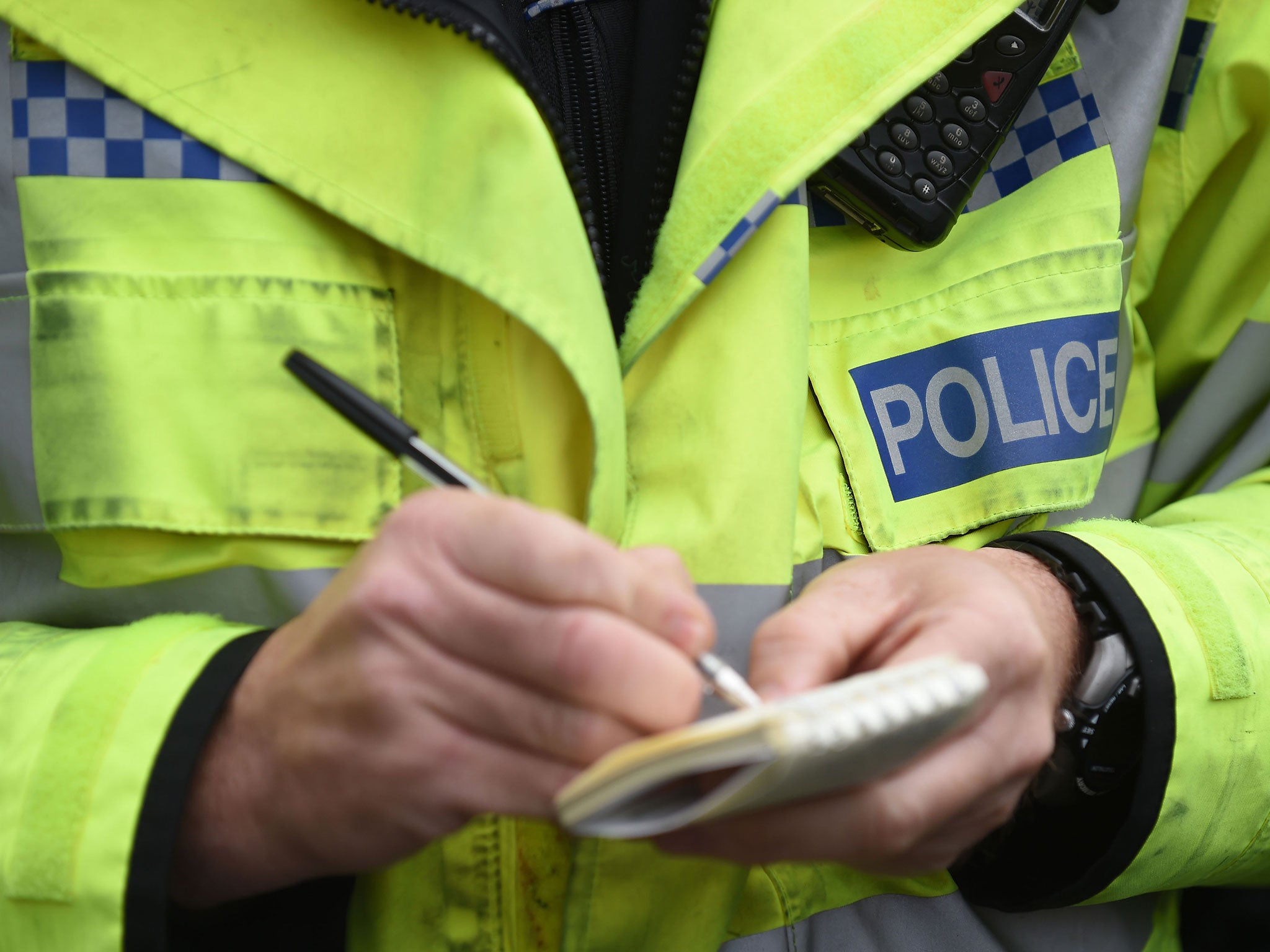Man shoots himself dead after making 'sexual remarks' to police officer posing as child
Watchdog finds that officers did not seize man's shotgun during investigation

A man who made “sexual remarks” to a police officer posing as a 14-year-old girl online, has killed himself.
The man, who was not named in a watchdog’s report on his death, shot himself in a car park after officers seized his computer in May.
The Independent Office for Police Conduct (IOPC) said that on 21 November 2017, he “engaged in an online chat with an undercover police officer posing as a 14-year-old girl”.
A statement added: “During the conversation, he made a number of remarks of sexual nature. On 2 May, two Avon and Somerset Constabulary officers and a civilian employee executed a search warrant at the man’s address, and seized a number of electronic devices.
“The man was a shotgun certificate holder who owned a shotgun, but his weapon was not seized during the course of the search, nor was he arrested.”
The following morning, a member of the public called police after finding a body in a private car park.
“Officers attended and found the man whose address had been searched by police on 2 May lying dead next to a shotgun, with a severe head injury,” the IOPC said.
After taking statements from officers and police staff involved in the incident, and reviewing records and policies, the IOPC found no evidence to warrant disciplinary or criminal proceedings.
It identified “performance issues” for one officer for failing to recognise that the man may have been at an elevated risk of suicide and not taking steps to mitigate it.
The IOPC said there was no legal power for police to seize guns for public safety, and added: “While removing the man’s firearm at the time of the search would undoubtedly have altered the outcome of this incident to some extent, we cannot speculate as to whether his death might have been prevented outright, i.e. he may have found an alternative means of ending his life.”
It called on Avon and Somerset Constabulary to update policies on reducing the risk of suicide in cases where no arrest is made, and to ensure officers submit reports to firearms licencing authorities when investigating people with guns, in all circumstances.
The force’s head of professional standards, Chief Superintendent Richard Corrigan, said it had taken “taken force-wide action to ensure these events are not repeated”.
It has circulated advice on suicide risks in child sexual exploitation cases, introduced a prevention checklist, given awareness training to custody staff and added suicide risk assessments to its crime recording system.
“We welcome the findings of the IOPC report into this sad case,” Chief Superintendent Corrigan said. “We took immediate steps to update our risk assessments to include the issue of legally-held firearms. We have also updated our advice for officers dealing with firearms certificate holders.”
The case comes amid an ongoing debate over how police should tackle the viewing of child sex abuse images online.
Sajid Javid is in the US this week to call on technology companies to prevent exploitation on their platforms.
The National Crime Agency has called for firms to stop indecent images being uploaded, rather than just flagging them to law enforcement as they face being overwhelmed by a rising tide of reports.
Police also have a combative relationship with self-declared “paedophile hunters” that have emerged across the UK.
The groups frequently attempt to launch their own “stings” by posing as children online and arranging to meet men who they then film.
The National Police Chiefs’ Council has discouraged the activity, saying it may interfere with surveillance operations and the supposed evidence gathered could be inadmissible in court.
Data provided to the BBC showed that evidence from paedophile hunters was used in 150 criminal cases in England and Wales last year.
Bookmark popover
Removed from bookmarks